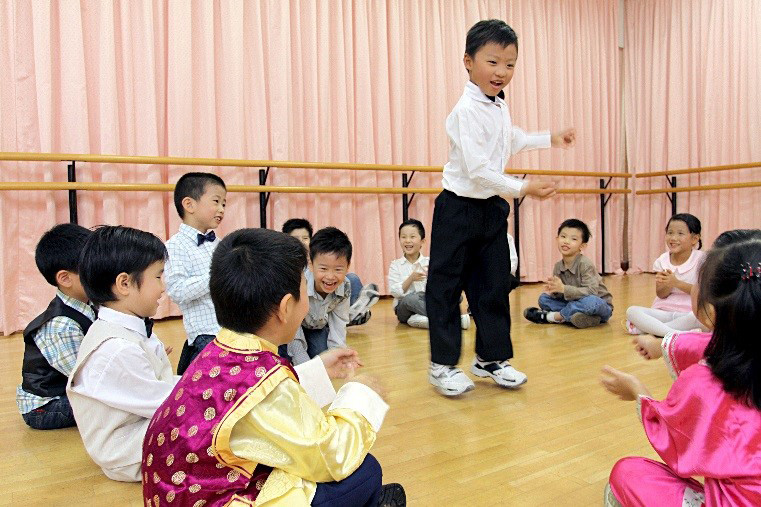
Speech and drama education has emerged as a powerful educational tool in Malaysia’s premium learning landscape. This comprehensive approach to learning helps primary school children develop essential life skills through creative expression and structured performance activities. The integration of speech and drama programmes in day care centres and learning institutions provides children with opportunities to build confidence, communication abilities, and social awareness from an early age.
The Foundation of Communication Skills
Speech and drama programmes establish strong communication foundations for primary school children. These structured activities help young learners articulate their thoughts clearly and express themselves with confidence. The theatrical elements encourage children to experiment with different voices, tones, and expressions whilst developing their verbal communication skills.
Verbal Expression and Articulation
Children participating in speech and drama activities learn to project their voices and speak with clarity. The practice of rehearsing lines and delivering speeches helps improve pronunciation and diction. These fundamental skills translate directly into better classroom participation and academic presentations throughout their educational journey.
Non-Verbal Communication Mastery
Drama education teaches children the importance of body language and facial expressions in communication. Students learn to use gestures, posture, and movement to convey meaning and emotion effectively. This understanding of non-verbal cues enhances their ability to read social situations and respond appropriately in various contexts.

Building Confidence Through Performance
Performance-based learning in speech and drama creates natural opportunities for confidence building. Children gradually overcome stage fright and develop self-assurance through regular practice and positive reinforcement. The supportive environment of structured drama activities allows students to take creative risks and build resilience.
Overcoming Fear and Anxiety
Regular participation in speech and drama activities helps children confront and manage performance anxiety. The gradual exposure to speaking in front of others builds mental resilience and reduces fear of public speaking. These experiences create lasting confidence that extends beyond the classroom into daily social interactions.
Self-Esteem Development
Success in speech and drama performances contributes significantly to positive self-image development. Children experience the satisfaction of mastering new skills and receiving recognition for their efforts. This positive reinforcement cycle builds strong self-esteem that supports academic achievement and personal growth.
Social Skills Enhancement
Speech and drama education naturally develops crucial social skills through collaborative activities and group performances. Children learn to work together, share ideas, and support their peers in creative endeavours. These interactions teach valuable lessons about cooperation, empathy, and respect for others’ contributions.
Teamwork and Collaboration
Drama activities require students to work together towards common goals and shared performances. Children learn to listen to others, compromise on creative decisions, and support their teammates’ success. These collaborative experiences develop essential teamwork skills that benefit academic projects and future workplace interactions.
Empathy and Emotional Intelligence
Role-playing and character development in drama education helps children understand different perspectives and emotions. Students learn to recognise and interpret various emotional states through their performances. This emotional awareness translates into better relationships and improved social interactions with peers and adults.
Cognitive Development Benefits
Speech and drama programmes contribute significantly to cognitive development through memory exercises and creative thinking challenges. Children must memorise lines, understand character motivations, and think creatively about performance choices. These mental exercises strengthen various cognitive abilities including memory, concentration, and analytical thinking.
Memory and Concentration Skills
Learning scripts and rehearsing performances requires sustained attention and memory retention. Children develop stronger concentration abilities through focused practice sessions and performance preparation. These improved cognitive skills support better academic performance across all subject areas.
Creative Problem-Solving
Drama activities present children with creative challenges that require innovative solutions and flexible thinking. Students learn to adapt their performances based on different scenarios and audience reactions. This creative problem-solving ability transfers to academic subjects and real-life situations requiring innovative approaches.
Long-Term Academic and Personal Success
The skills developed through speech and drama education provide lasting benefits for academic achievement and personal development. Children who participate in these programmes often demonstrate improved classroom participation and stronger presentation abilities. The confidence and communication skills gained through drama education support success in higher education and future career opportunities.
Speech and drama education represents a valuable investment in children’s comprehensive development during their primary school years. The combination of communication skills, confidence building, and social development creates a strong foundation for lifelong success. Learning centres that incorporate these programmes provide children with essential tools for navigating academic challenges and personal relationships with greater confidence and competence.








